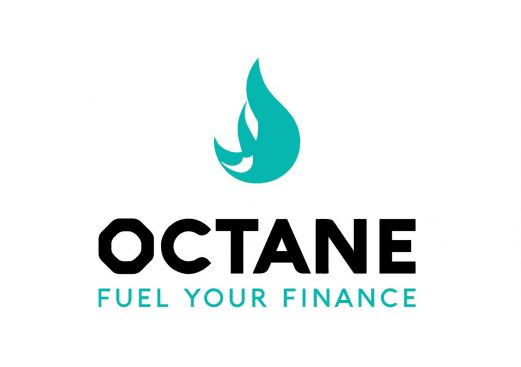If an individual sells you something and it goes wrong, the question is often asked – are they selling something privately or are they selling it in the course of a trade or business?
If the former, there is no redress available to the buyer if something goes wrong. If the seller is doing so in the course of a trade or business the buyer has potential statutory rights against the seller should something go wrong with the goods purchased.
The European Court of Justice (ECJ) has recently decided that whilst each case has to be decided on its merits, it nevertheless laid down the following (non-exhaustive) criteria for determining one way or the other.
· Is the sale on the online platform carried out in an organised manner?
· Is the sale intended to generate profit?
· Does the seller have an advantage over the consumer by having technical information and expertise relating to the products which the consumer does not necessarily have?
· Does the seller have a legal status which enables them to engage in commercial activities?
· To what extent is the online sale connected to the seller’s commercial or professional activity?
· Is the seller subject to VAT?
· Does the seller, acting on behalf of a particular trader or on their own behalf or through another person acting in their name and on their behalf, receive remuneration or an incentive?

Octane Finance is the broker of choice for new and used car dealers nationwide. With our uncompromising service levels and our genuine and professional approach, you and your customers can trust us to deliver.
· Does the seller purchase new or second-hand goods to resell them, thus making that a regular, frequent and/or simultaneous activity in comparison with their usual commercial or business activity?
· Are the goods for sale all of the same type or value?
· Is the offer to sell concentrated on a small number of goods?
The ECJ stated that the presence of one or more of these factors does not, by itself, make the seller a trader in relation to any transaction.








